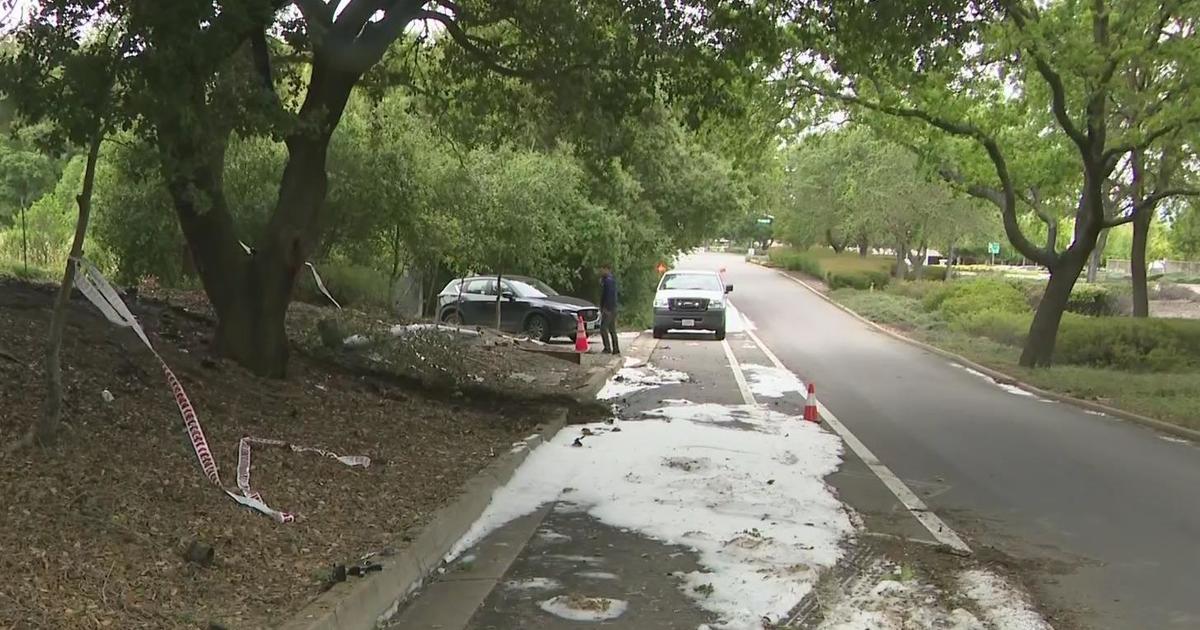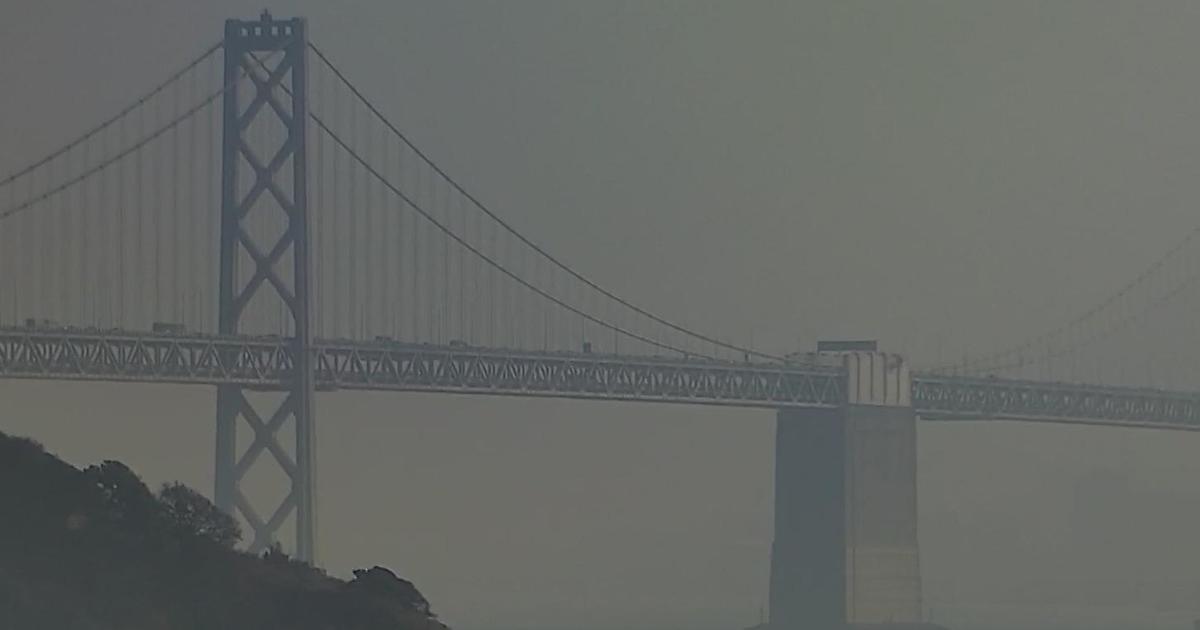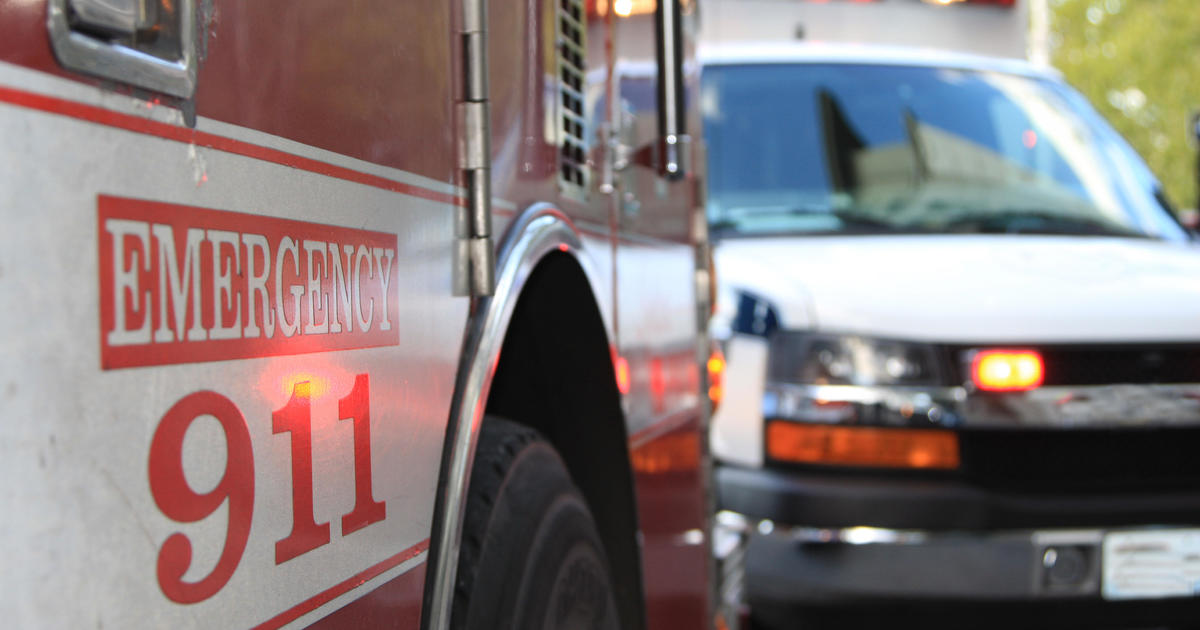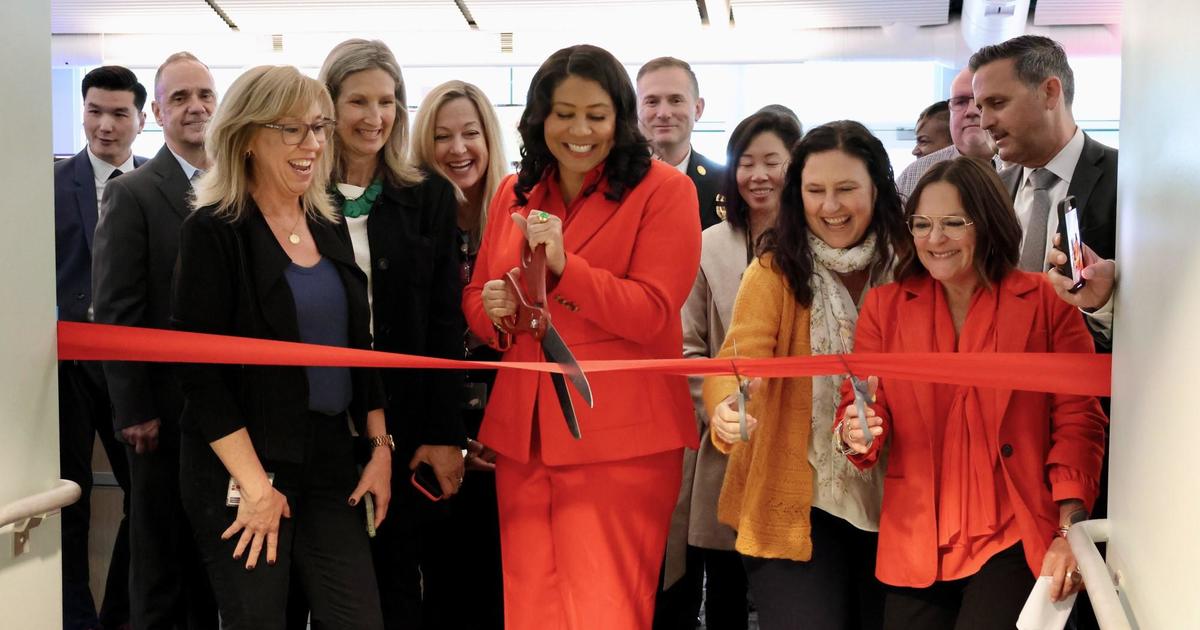Economist, Health Expert Detail Bay Area's Return To Normal After Pandemic
SAN FRANCISCO (KPIX 5) -- The reopening of cities and the return to normal life cannot be rushed and won't happen until a vaccine is available, and that's still at least 12 to 18 months away, experts say. When society reopens, it will be slow and happen in stages.
California Gov. Gavin Newsom on Monday said that the state is working with officials in Oregon and Washington to map out the steps that will be taken when the West Coast eases COVID-19 restrictions and moves towards reopening for business, with more details set to be released Tuesday.
A public health expert from UCSF outlined some of the potential stages for the transition back to normal in the Bay Area.
"I would guess masks, there might be a request for older people to continue to shelter in place or at least cut down your movement outside," said George Rutherford, UCSF Professor of Epidemiology. "I think you can look at a staggered return to work where not everyone goes back on whatever date right off the bat."
COMPLETE COVERAGE: CORONAVIRUS PANDEMIC
Rutherford says industries like construction and manufacturing may be the first to restart, followed by non-essential retail stores, and then restaurants last.
"I would love for restaurants to come back online and be able to take away more from there than a paper bag, but I would imagine that would kind of come on a little bit more slowly," said Rutherford. "Bars--I don't know, bars are pretty crowded places."
He says large gatherings like sports games and music festivals are likely to restricted until fall at the earliest.
Rutherford is currently working on a project with the city of San Francisco to expand its contact tracing capacity. The project involves asking infected patients who their last contacts were to determine who needs testing and to discover new cases.
This kind of robust system and continued social distancing are some of several safety protocols that must be in place before the region can transition back to regular life.
"There'll be a process, a protocol by which anyone who's symptomatic is sent home and there's a return to work protocol. They'll be testing, perhaps even regular temperature testing," said Michael Bernick, employment attorney at Duane Morris LLP.
Bernick is the former director of the California Employment Development Department. He says before the pandemic, California experienced the longest period of job growth since World War II. In the last two weeks, more than two million people have filed for unemployment in the state.
"Clearly some of the major sectors--hospitality, travel, retail--will be slower to come back, and they'll come back in very different form," said Bernick.



